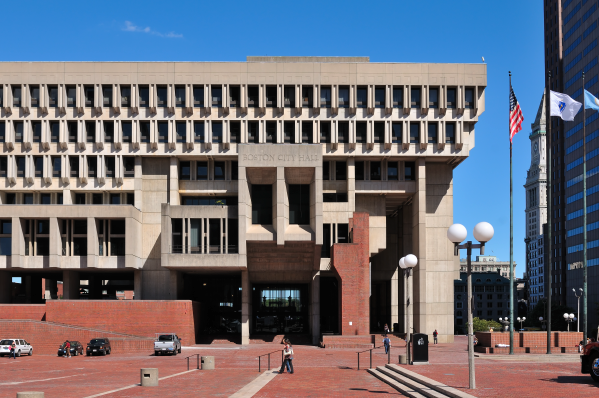Contrary to popular belief, forgiveness is not a feeling. Forgiveness is an action. Done well, forgiveness can be freeing and can allow the person to heal from a painful experience and become more resilient as a result. But there are a lot of misconceptions and fears that surround forgiveness, what it is, what it is not, and what the result might be.
Many people mistakenly entertain the idea that, “I have to feel ready to forgive someone in order to let it go.” The reality is, like other examples, our feelings change only after we have chosen to act. Feelings of anger, fear, betrayal, and disappointment can start to fade after one starts to act out forgiveness. Many people wait to feel ready to forgive, only to find that they never feel ready. This is because the anger that we often feel when we are hurt is linked to our desire to protect ourselves and to punish the other person. When we hold onto unforgiveness, we replay the hurtful actions of the other person/people and therefore keep our anger fresh. (I will gladly take this opportunity to again include one of my favorite quotes: “Unforgiveness is when you drink poison hoping the other person will die.”) So what is the action of forgiveness? Before answering that question, I would like to address some misconceptions about forgiveness.
Forgiveness is not: feeling fine about the offense, passively accepting that there is nothing you can do and resigning yourself to being hurt, just saying “its fine” so that you can minimize the significance of the hurt, letting others take advantage of you, or letting the person off the hook as to then put yourself right back into a potentially harmful situation. There misconceptions make forgiveness seem like a passive or weak response. Forgiveness is anything but passive or weak.
Forgiveness is the decision to “drop the charges” despite having ample “evidence to convict.” Forgiveness acknowledges that an offense occurred (as opposed to minimizing or denying it), recognizes the effect of that offense (what hurt or damage it caused), and actively chooses not to replay the offense or recharge the offending person. Forgiveness is an act of strength. Through the act of forgiveness, the forgiving party feels less vulnerable because s/he is actively choosing to change the relational dynamic, s/he is reducing his/her fear and anger by exercising control and reducing the time wasted on replaying the offense, and s/he is actively focusing on making healthy changes (to the extent that is possible) so that s/he is not simply repositioned into a place where victimization will reoccur. In a previous post I make reference to the difference between a scratch from a kitten and one from a tiger.
So before forgiving someone for an offense, be sure to remind yourself what forgiveness is, what it is not, and that it will result in your resilience. And unfortunately, like many vulnerable activities, your feelings will charge once you have started to act.
Shawn Healy, PhD



